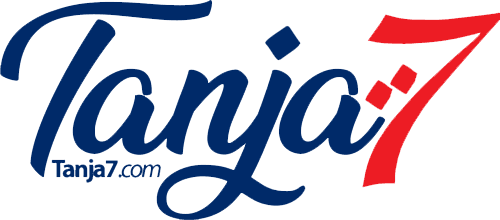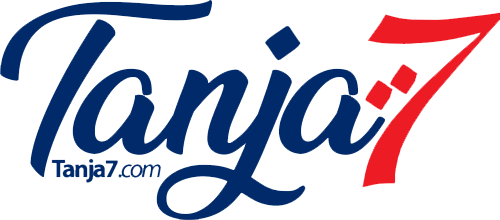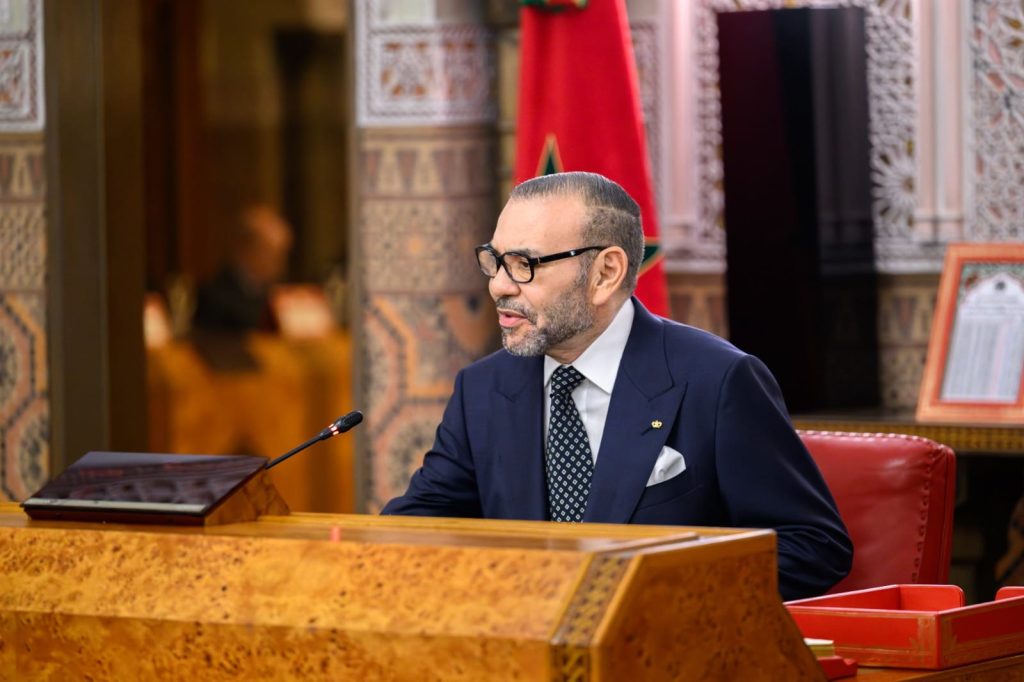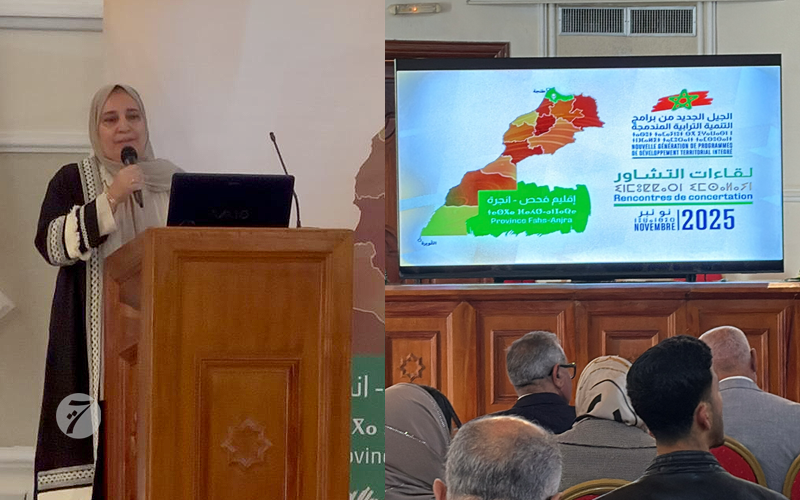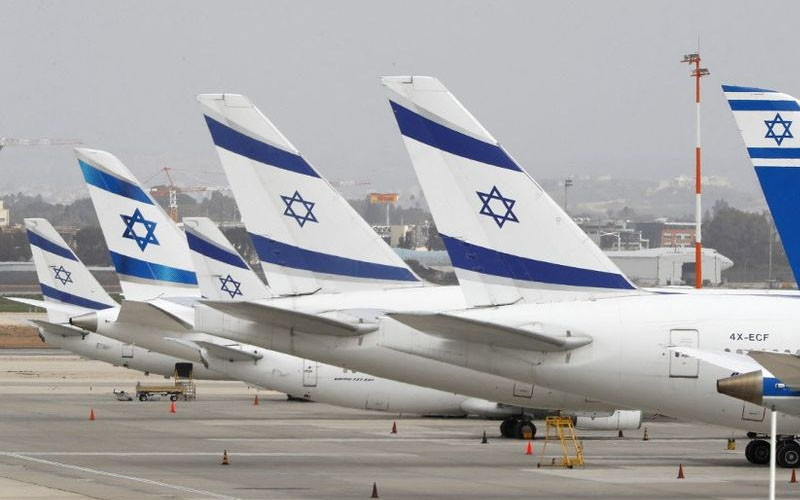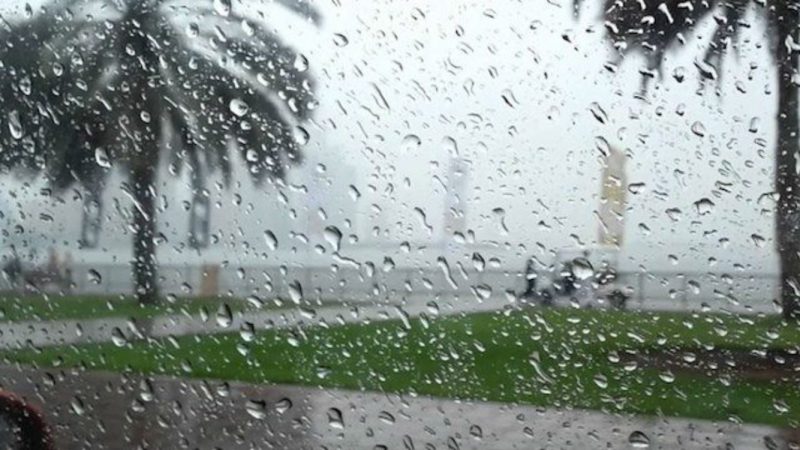In a rapidly changing geopolitical landscape, the issue of Western Sahara has emerged as a unique example of how complex conflicts can transform into opportunities for stability and development.
Since King Mohammed VI ascended to the throne in 1999, his royal vision has relied on a well-considered strategy, with the autonomy initiative, formally presented in April 2007, as the sole realistic foundation for any final resolution to the conflict.
This vision, which combines insightful realism with moral diplomacy, has successfully transformed the issue over more than 18 years from an intense regional conflict into an international model of rationality and mutual respect.
On October 31, 2025, these efforts culminated in a historic decision by the United Nations Security Council, which recognized autonomy under Moroccan sovereignty as “the most viable and sole basis” for negotiation, reflecting the brilliance of royal leadership in building trust and alliances.
Values and Interests
What distinguishes this royal vision is its ability to reconcile national constants with international commitments. The autonomy initiative is presented not merely as a technical solution but as an expression of deep historical legitimacy, supported by practical implementations.
As emphasized in royal directives, Morocco addresses the world not solely through power but through legitimate rights and political rationality. This approach has made Moroccan diplomacy an ethical lever, combining clarity of speech with consistency in practice, thereby earning global respect.
Over 26 years, the Sahara has transformed from a disputed area into a strategic horizon for African and Atlantic openness, positioning Morocco as a consulted actor in international affairs, rather than a targeted one.
Building Trust: Development as a Realistic Foundation for Autonomy
The pathway to success in translating autonomy into a tangible reality in the Sahara begins with substantial investments in infrastructure, education, healthcare, and renewable energy. These efforts demonstrate that the initiative is not just a political proposal but a model of comprehensive development that guarantees the rights of Sahrawi populations and enhances regional stability, particularly in the face of security threats in the Sahel.
-
Tangible Investments: Major projects such as the Atlantic Dakhla port and solar power plants in Laayoune have created thousands of jobs and attracted foreign investments. This approach has led major countries to view autonomy as a shared interest, contributing to the fight against terrorism and extremism.
-
International Impact: These efforts have convinced the United States that Morocco is a reliable strategic partner, paving the way for the U.S. recognition of Moroccan sovereignty in 2020, and continued support for subsequent United Nations resolutions, including the draft resolution in October 2025, presented by Washington as “the most feasible solution” to the prolonged 50-year conflict.
Thus, autonomy has become a building tool, not a theoretical debate, enhancing its legitimacy as the singular basis for resolution.
Moral Diplomacy: Dialogue as a Lever for Persuasion
King Mohammed VI has relied on ethical diplomacy, placing shared rights and interests at the heart of dialogue, transforming challenges into partnership opportunities. This approach has included official visits, meetings with world leaders, and speeches reaffirming continuity in building alliances.
-
With the United States: In his speech following the United Nations 2025 decision, the king explicitly thanked President Donald Trump for his role in the matter, reflecting the American-Moroccan partnership.
-
Ongoing Updates: The king declared in his recent speech the intention to update the autonomy initiative to be more detailed, inviting Algeria to engage in direct dialogue “without winners or losers,” thereby strengthening the conviction that Morocco is committed to a peaceful resolution.
This new sovereign diplomacy, marrying historical legitimacy with insightful realism, has made autonomy morally acceptable, presented as a solution that reconciles sovereignty with local rights.
Strategic Alliances: From the Tripartite Agreement to European Support
Success has been bolstered by a series of diplomatic agreements that connect the Sahara issue to broader international interests, ramping up international pressure to adopt autonomy as the sole basis for resolution.
| Agreement | Key Date | Key Details | Impact on the Sahara Issue |
|---|---|---|---|
| Tripartite Agreement (U.S. – Morocco – Israel) | December 10, 2020 | Normalization of Moroccan-Israeli relations in exchange for U.S. recognition of Moroccan sovereignty over the Sahara, with $3 billion in investments in southern regions. | Linked the issue to the “Abraham Accords,” making it part of regional peace and supporting subsequent UN resolutions. |
| Agreement with Spain | March 2022 | Spain’s support for the autonomy initiative as “the most serious basis,” with energy and security agreements following the 2021 migration crisis. | Spain, as a former colonial power, became a major European supporter, enhancing stability in North Africa and influencing the European Union. |
| Agreement with France | July 2024 | French recognition of Moroccan sovereignty over its “southern territories,” supporting autonomy as “the sole basis,” with partnerships in renewable energy. | A culmination of historical partnership, with French investments in the Sahara, contributing to strong French support for the 2025 UN resolution. |
These agreements formed a connected chain: beginning with the tripartite agreement as a spark, followed by Spain’s support as a northern neighbor, and then France’s recognition as a major European power alongside the UK. Additionally, Morocco’s return to the African Union in 2017 solidified support from over 30 countries, while Gulf countries such as the UAE and Saudi Arabia have become partners in Sahara development, leading to an 11-member vote in the Security Council in favor of the Moroccan initiative in 2025.
Regional Openness and International Role: From Conflict to Model
The king has positioned the Sahara as a “strategic horizon” for African openness, enhancing Morocco’s role in international platforms such as the United Nations and the Arab League. This expansion has garnered support from over 100 countries, including EU members, compelling major nations to see support for Morocco as vital for geopolitical balance in North Africa.
The outcome was the Security Council decision on October 31, 2025, which adopted autonomy as the sole basis for negotiation, recognizing the “new dynamics” created by the royal vision.
